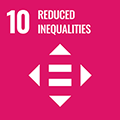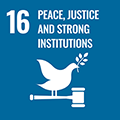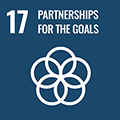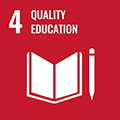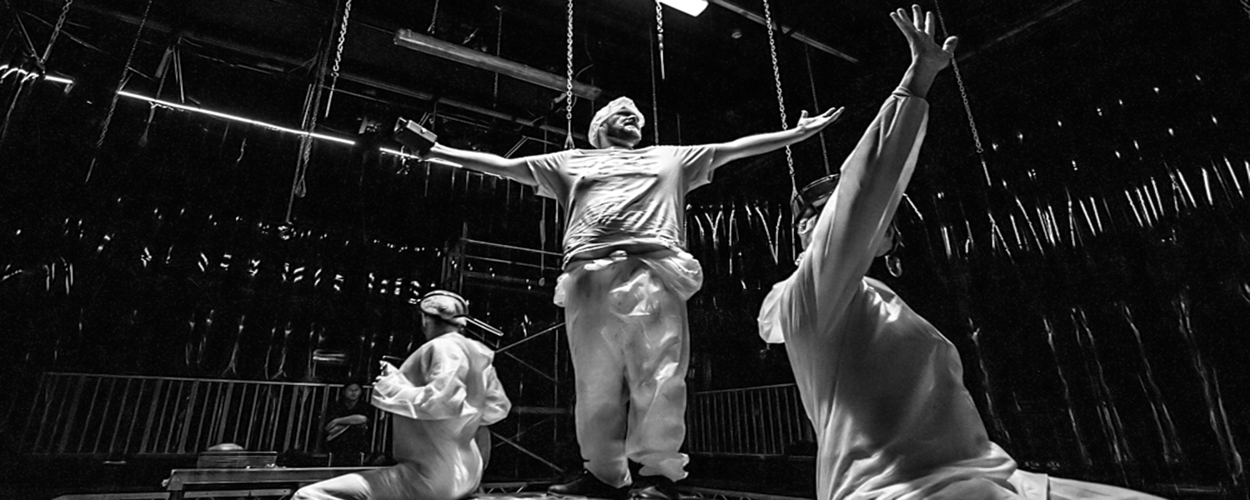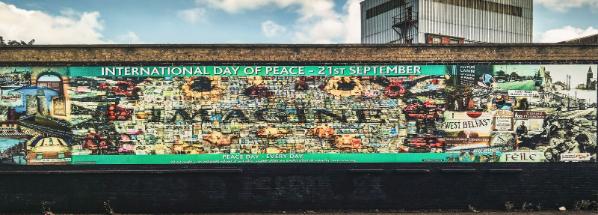Harnessing the Arts to Heal Post-Conflict Societies
Queen’s University Belfast leads pioneering research examining the transformative power of literature and the arts in societies recovering from conflict, with a special focus on Northern Ireland. The university’s work, exemplified by scholars like Dr. Stefanie Lehner, investigates how contemporary Irish theatre and cultural productions negotiate memory, trauma, and reconciliation.
By exploring the intersections of ethics, politics, and aesthetics in post-conflict narratives, Queen’s research reveals how fiction and drama become vital tools for social healing, dialogue, and inclusive representation.
Tune in now: Research to Reality: Roundtables
Join us for an engaging roundtable discussion featuring four academics from Queen's University Belfast: Dr Laura Dunne, Dr Stefanie Lehner, Professor Louise Mallinder, and Professor Kieran McEvoy. Hosted by former BBC journalist Mark Devenport, this conversation delves into the overarching theme of "Conflict Resolution and Peacebuilding."
Research Challenge
Navigating Ethical Complexities in Representing Conflict and Marginalised Voices
Northern Ireland’s complex legacy of division and trauma presents significant challenges to peacebuilding efforts. Understanding how cultural expressions - particularly theatre and literature - can foster and reflect on conflict transformation processes requires navigating ethical questions around representing violence and suffering. Researchers must address marginalisation of voices, such as those from the LGBTQ community, while linking academic theory with practical community engagement to promote lasting reconciliation.
Our Approach
Innovative Interdisciplinary Approaches to Post-Conflict Culture
Queen’s University hosts leading interdisciplinary projects focused on post-conflict cultural expression. Dr. Stefanie Lehner’s research epitomizes this approach, combining trauma studies, cultural memory, and performance analysis. Her work on Northern Irish theatre explores how plays and performances confront and reshape narratives of the Troubles, especially through sound and dramatic storytelling.
Queen’s collaboration on projects like Sounding Conflict: From Resistance to Reconciliation - an 8-year AHRC/ESRC-funded initiative - fosters transnational dialogue, using sound and performance to explore peacebuilding in Northern Ireland and other global contexts. Furthermore, research addressing queer perspectives in post-conflict Northern Ireland challenges dominant historical narratives, highlighting marginalized LGBTQ experiences in drama and cultural memory.
"Theatre and literature do not merely reflect history; they actively shape the ethical and political imagination necessary for reconciliation."
- Dr Stefanie Lehner
What impact did it make?
Transforming Peacebuilding Practice Through Theatre, Sound, and Inclusion
- Queen’s research has influenced peacebuilding strategies by demonstrating how theatre and cultural productions facilitate dialogue and negotiating trauma in divided communities.
- Academic insights have shaped community arts initiatives, informing cultural policy and supporting reconciliation efforts across Northern Ireland.
- By integrating LGBTQ perspectives, Queen’s work promotes inclusivity in post-conflict storytelling, addressing historical silences and fostering social cohesion.
- The interdisciplinary methodology developed at Queen’s has become a model for similar post-conflict research worldwide, bridging humanities scholarship and practical peacebuilding.
- Educational programs at Queen’s nurture a new generation of scholars and practitioners committed to leveraging art and literature for social transformation.
Our impact
Impact related to the UN Sustainable Development Goals
Learn more about Queen’s University’s commitment to nurturing a culture of sustainability and achieving the Sustainable Development Goals (SDGs) through research and education.
